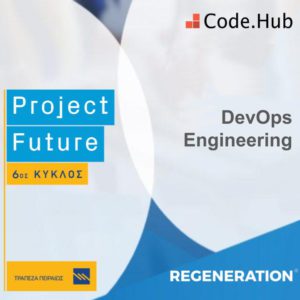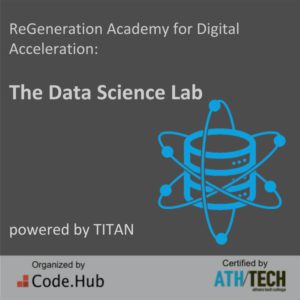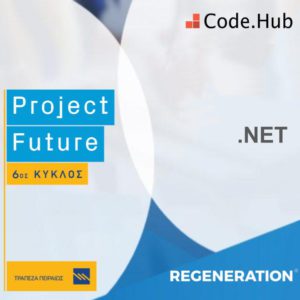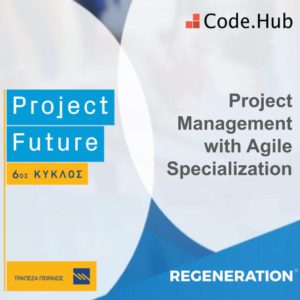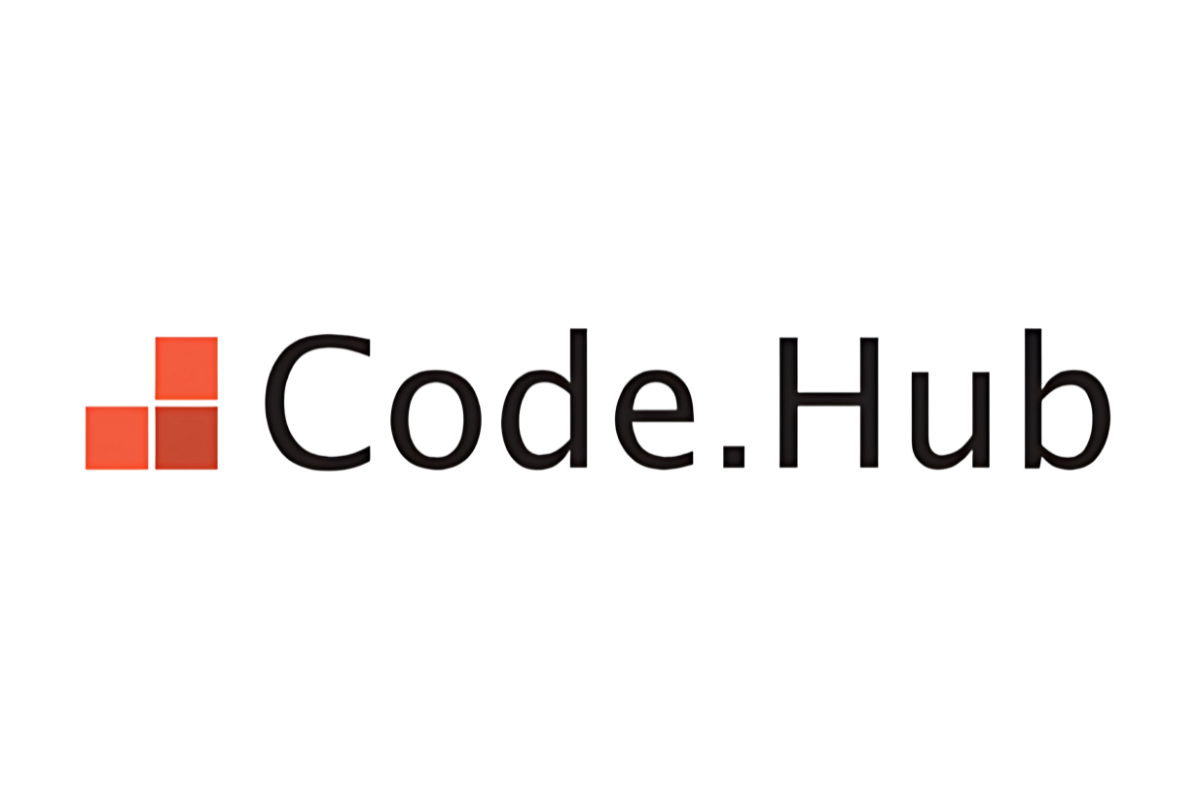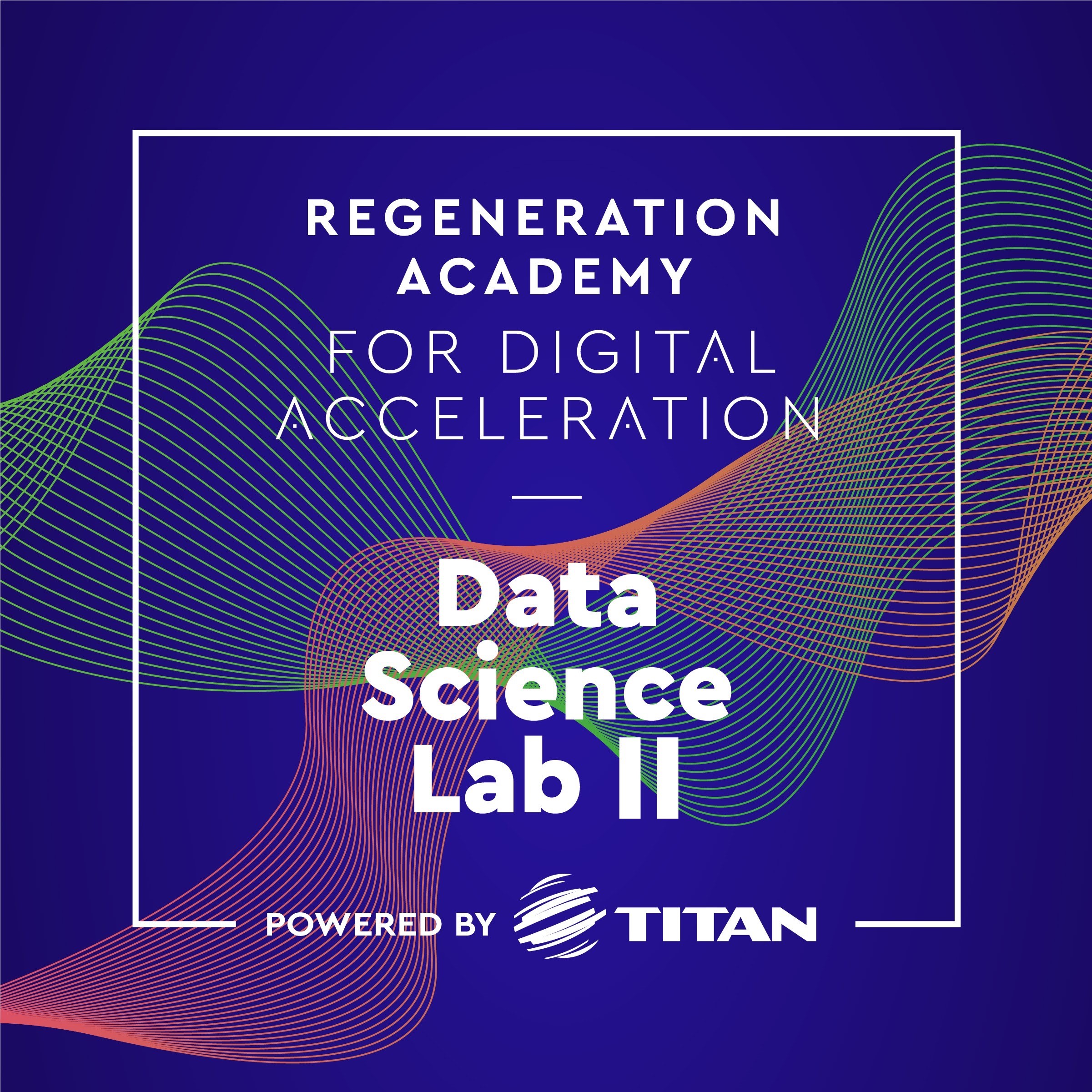
Data Science Lab II
REGENERATION ACADEMY FOR DIGITAL ACCELERATION | DATA SCIENCE LAB II – POWERED BY TITAN
ReGeneration Academy for Digital Acceleration | Data Science Lab II – Powered by TITAN is an ideal re-training, training and up-skilling program, as you will gain skills in the fields of Software Engineering / Programming / Data Analysis / Data Science and Business Intelligence/ Analytics, which will enhance your resume for the next steps of your career.
In particular, as highlighted by a number of sources, such as Forbes (based on a study by Glassdoor), the data scientist profession is ranked among the best jobs in the world, while, according to research, the use and importance of business intelligence in modern entrepreneurship continues to grow. In addition, a number of surveys and studies, such as GitHub‘s analysis, consider Python as top programming language, with high demand today and in the future.
It is an intensive hands-on training program on basic and advanced Data Science principles, combined with the necessary knowledge of Business Intelligence, that has been developed by ReGeneration and TITAN, with Code.Hub as a training partner, and the academic guidance and support of Athens Tech College. The program lasts 100 hours, it runs for 8 weeks and it includes a special training & coding all-day event, which will also take place virtually.
Why to participate:
Data science and Business Intelligence aspects will be covered in details!
During the program, the participants will ‘’unlock’’ up-to-date techniques and new tools for data collection, storage, transformation, use, visualization and data acquisition, acquiring the skills needed to meet the growing need of the modern business world for data scientists, as well as the important demand for specialized scientists that combine hands-on experience in data-related industry fields and understanding of the theoretical and practical background of Business Intelligence (BI) used for the interpretation of data and the support of the decision making process.
Through topics such as data transformation and visualization, as well as introduction to machine learning and artificial intelligence, participants will come up with fundamental and catalytic concepts in the field of management, analysis and use of data for the acquisition of knowledge, as these methods are applied in the decision-making process. The use of data is now inextricably linked to the operation of businesses and a necessary prerequisite for effective data-driven decision-making.
The program is based on hands-on experience that participants will gain by using Python and Data Stores in the field of Data Science.
Key Objectives – Curriculum (High level)
The core perspectives of this program will be to present, explore and adequately cover with extended real-life business case studies & industry scenarios the following aspects:
| Python Basics |
|
| Data & Business Intelligence |
|
| Data Integration (with Python & SQL) |
|
| Data analysis in Python |
|
| Data Visualization |
|
| Machine Learning & Artificial Intelligence |
|
Duration & Schedule
The academy will last 8 weeks and consists of 100 hours of lectures and hands-on exercise on real-life case studies and projects via virtual classroom environment and online collaboration platforms.
The detailed schedule of the training is described below:
| Week 1 | Weekdays (December) 7 (Introduction) – (17.15 – 21.15) 9 – (18.00 – 21.15) Saturday 12 – (10.00 – 13.45) |
| Week 2 | Weekdays 15, 16, 17 – (18.00 – 21.15) |
| Break | December 18 – December 27 |
| Week 4 | Weekdays 28, 29 – (18.00 – 21.15) |
| Week 5 | Weekdays (January) 4, 8 – (18.00 – 21.15) Saturday 9 – (10.00 – 17.45) |
| Week 6 | Weekdays 11, 13, 14, 15 – (18.00 – 21.15) Saturday 16 – (10.00 – 13.45) |
| Week 7 | Weekdays 18, 20, 22 – (18.00 – 21.15) Saturday 23 – (10.00 – 17.45) |
| Week 8 | Weekdays 25, 27 – (18.00 – 21.15) |
| Presentations | January 29 – (18.00 – 21.15 approx.) |
The lessons will be carried out in an online environment as a virtual classroom, with live connection with the instructor through video conferencing.
Education & Experience
Undergraduate Degree and maximum two years of working experience in the fields of:
- Computer Science/ Computer Engineering/ IT
- Mathematics/ Statistics
- Engineering/ Applied Mathematics
- Postgraduate programs in data related fields

